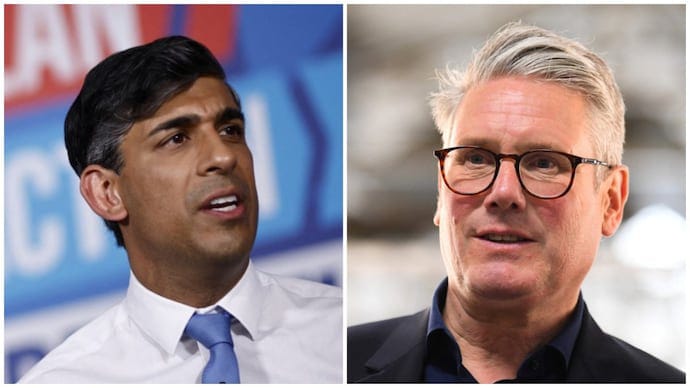
In a dramatic turn of events, the recent UK election has seen the Labour Party triumphantly reclaiming the majority in Parliament after a hiatus of 14 years. The election results have reshaped the political landscape, with significant gains and losses across various parties.
Labour Party, under the leadership of Keir Starmer, secured a commanding 412 seats out of a total of 650, marking a resounding comeback to power. This victory signals a shift in public sentiment and a renewed mandate for Labour’s policies and vision for the country.
Conversely, the Conservative Party, led by incumbent Prime Minister Rishi Sunak, faced a setback as they secured only 121 seats, significantly fewer than in previous elections. This outcome reflects voter dissatisfaction with the Conservative government’s handling of key issues such as economic policy and healthcare.
The Liberal Party, meanwhile, captured 71 seats, establishing itself as a formidable third force in British politics. Their performance underscores the electorate’s desire for alternative voices and policies amidst the dominance of Labour and Conservative parties.
Prior to the election, polls and political analysts had predicted a strong showing for Starmer’s Labour Party, citing growing public discontent with the Conservative government’s policies and leadership. The outcome aligns with these forecasts, solidifying Labour’s position as the leading political force in the UK once again.
Following the announcement of the election results, Keir Starmer met with King Charles III to formally discuss the formation of the new government and outline Labour’s agenda for the upcoming term. The meeting symbolizes the beginning of a new chapter in British politics, with Labour poised to implement its policies on issues ranging from healthcare and education to economic recovery and climate change.
As the nation prepares for a period of transition and change under Labour’s leadership, the election outcome serves as a reminder of the dynamic nature of democracy and the electorate’s power to shape the future direction of the country. The coming months will be pivotal as Labour works to fulfill its promises and address the challenges facing the UK in the 21st century.
